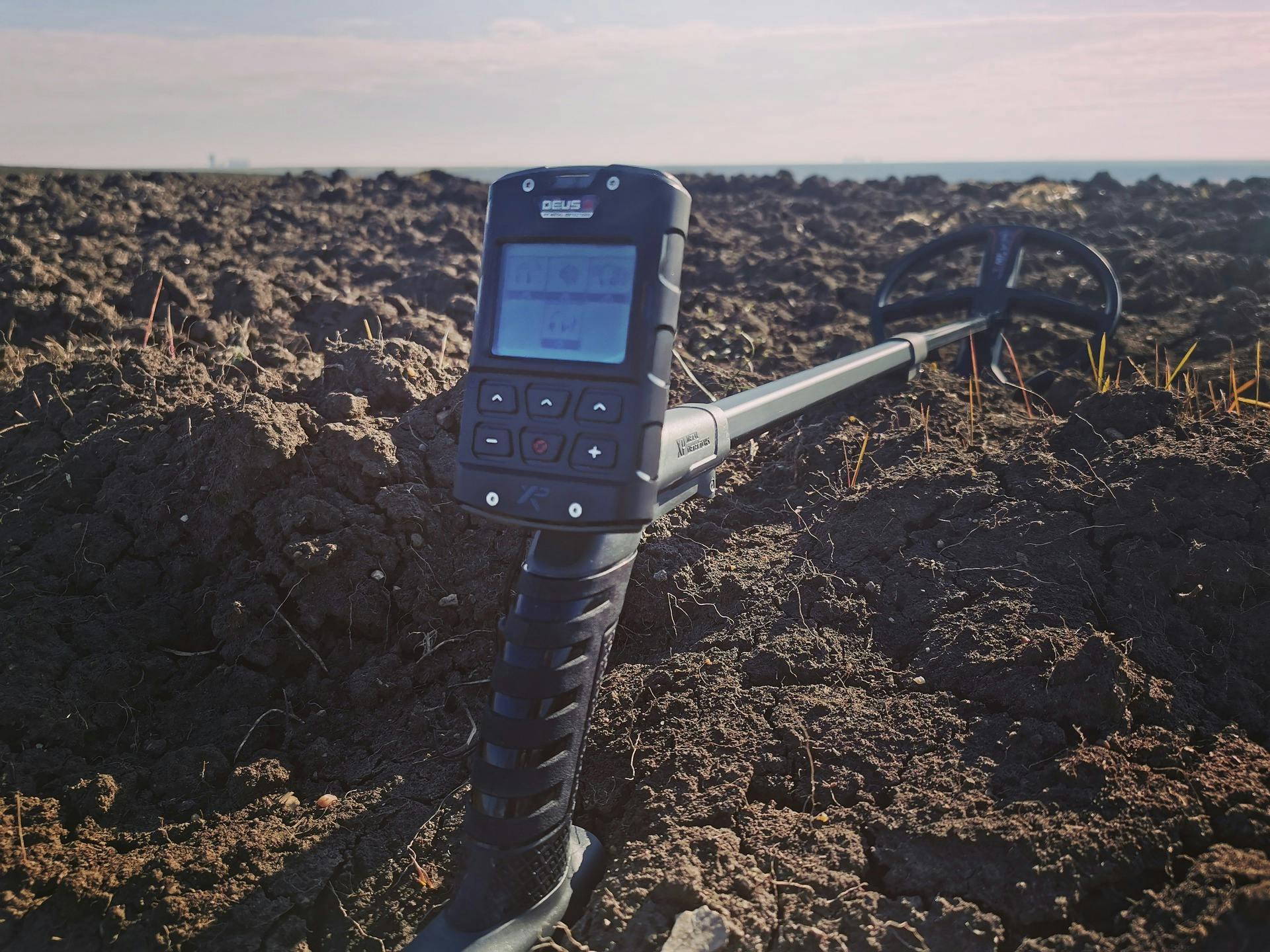What Can You Find Metal Detecting On An Old Farm

Farms are extremely attractive for metal detecting, because these are usually big areas free of extra vegetation and extra structures, and as a rule, the deeper underground on the farms was not touched by anyone for decades, to prevent damage to soils. So farmlands like ploughlands and pastures attract many treasure hunters. However, before you get excited about future treasures, you need to choose the best metal detector on the website like DetectHistory, to detect anything really worthy of attention.
Moreover, it is important to understand what items you can stumble across on an old farm, what is the code of conduct, what to do with the finds, and how to ask for permission from a landowner or tenant, because there are no really abandoned farmlands out there! Every area has an owner, be it private property or Federal/State/Crown property.
Potential Finds on Farms
The main attraction of the farm is mostly untouched lands not disturbed deeper than plough depth. It means that just some inches deeper, a treasure may await (or not). The older the farm, the higher are the chances for spotting something interesting. However, the chances also depend on whether the owner of the farm allows metal detectorists often. Some farms allow metal detectorists on a regular basis, for years, meaning that every year, the chances of finding something really valuable drop.
However, there are still things you can expect to find on an old farm, including, but not limited to:
- coins
- old and modern jewelry and watches
- buttons, buckles, needles
- relics (both containing metal and without metals)
- animal bones
- small mineral deposits
- old structures like wells, or underground structures
- ammunition or war relics
- human remains
Many old farms have existed since the middle of the previous century (and these are the youngest ones), meaning you can find literally anything there. Of course, you need a powerful metal detector, but you will also need to follow the Code of Conduct, and to only detect with a permit by the owner.
Code of Conduct
Follow the strict Code of Conduct at all times:
- don’t trespass
- always seek permission from the landowner, tenant, or both (depending on the local law)
- seek agreement with the owner beforehand
- agree on the order of reporting finds
- agree on compensation if any valuables are spotted
- do not damage crops and vegetation
- do not scare or provoke domestic animals, wild animals, or nesting birds
- leave gates and fencing as you found it
- do not destroy any property, even old structures
- leave the area safe for humans and animals after metal detecting, fill in all holes
- never throw trash finds back into the hole
- remove all trash you find or spot on the area
- do not contaminate water bodies and watercourses
- follow specific guidelines received from the farmer about area boundaries, cropping plans, grazing animals conduct, etc., etc.
- report any illegal or criminal activity you notice when detecting (like trespassing by other parties)
- be a goodwill ambassador of the hobby
What To Do With Finds?
Depending on the country or jurisdiction you are in, there are different regulations on reporting archaeologically significant finds, valuable finds, or finds classified as treasure. So, before you keep or attempt to evaluate and sell any valuable find, make sure you know local and state regulations (to avoid trouble, because keeping what is believed to be Property of State is usually a criminal offence).
Talking about finds other than treasures or valuables, you should report:
- all finds to the landowner
- any human remains or burial sites
- anything that looks like live ammunition
- anything that looks like dangerous chemicals
Now, if you are allowed by the law to keep your finds, you should, first of all, take them to an expert for evaluation. If you are to sell the find to a museum or private collector, most countries state that reward must be shared by the finder and the landowner. If you are to start your own collection, you may find out more on cleaning the find, taking care of it, and classifying it properly.
How To Get Permission
There are no lands that belong to no one; even abandoned farms have a private owner, or belong to the state. Farmlands are usually valuable for crops or as grazing lands, so they are not classified as “public lands” and therefore you need permission. Depending on the jurisdiction, you do or do not need license and insurance, but to get a permit from the landowner, you will have to approach personally and ask for permission to enter and detect. The best way to get a permit is to offer service (like cleaning the trash), and reward if anything valuable is spotted.